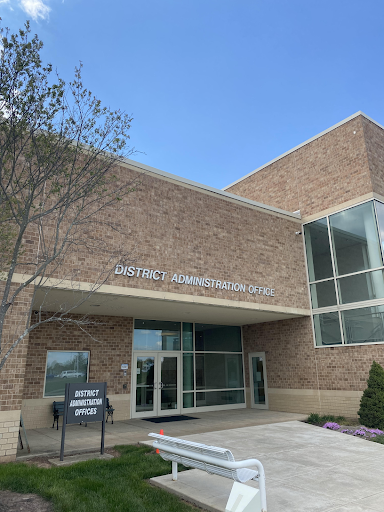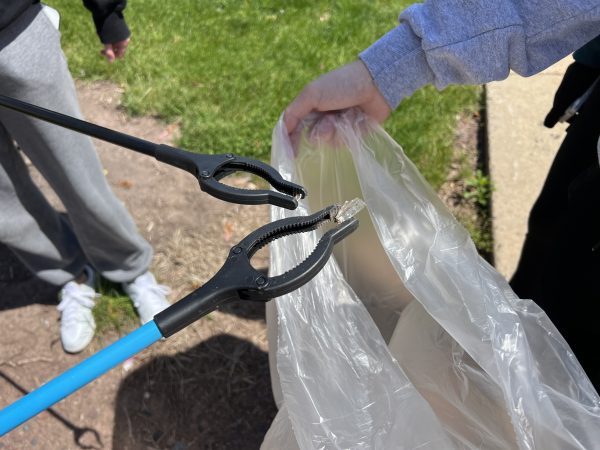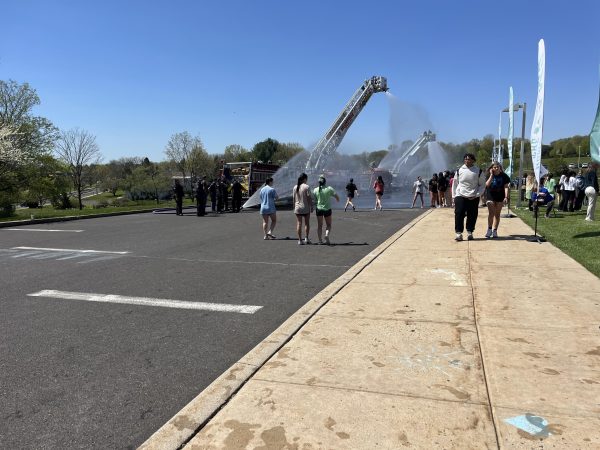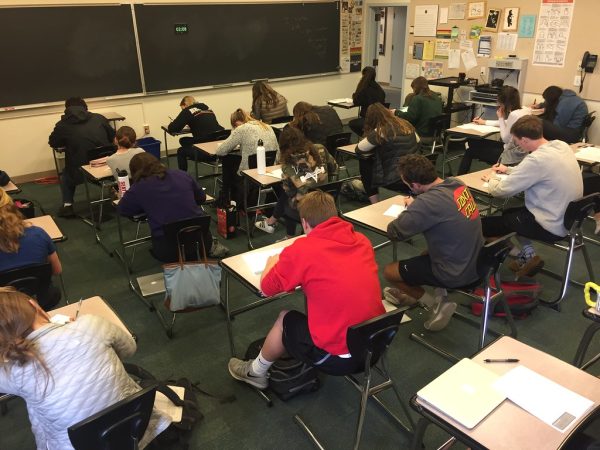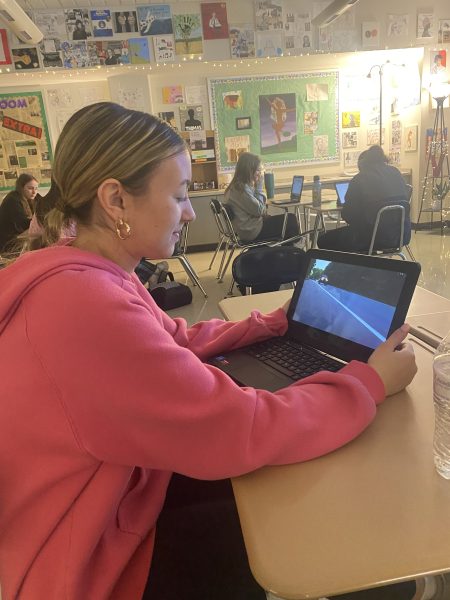Pennridge School Board Policy Sparks Debate
Pennridge School District is known to support all student and public opinions. The School District emphasizes the imperativeness of listening to and considering all perspectives of a situation. In the spring of 2023, Policy 119 was rephrased, updating the original wording from 2012 to an outline that reflects the current school board’s idea to allow or restrict surveying. To highlight censorship specifically, the board established Policy 321 in late 2022 to highlight a more relevant idea of censorship among district employees advocating for personal beliefs in curriculum and classroom instruction. These policies currently affect six classes offered at the high school and one at the middle school level. All Pennridge students would be impacted, with the exception of those misnomer or emancipated minor students (currently zero attending Pennridge School District). As the 21st century evolves, it is important to understand that there are no defined guidelines as to what is controversial. Opinionated and subjective arguments factor into the decision of deeming something controversial, so someone’s idea of a controversial matter may be different from another.
According to the Pennridge High School webpage, PHS believes that “all students should be able to attain the skills necessary to successfully compete on the 21st-century global stage.” and with these skills, “should be able to engage in the free exchange of ideas in a safe and supportive environment.” According to Policy 119, The Pennridge School Board believes that “academic and professional freedom are essential to a quality educational program.” With Policy 119 holding a new meaning, the question may become whether these belief statements will allow students to hold needed and relevant 21st-century conversations in an environment on the path of becoming less safe and supportive, now, rather limited.
Policy 119 will reinforce a teacher’s decision if they believe this issue is either controversial or don’t feel comfortable classifying a topic as controversial or not. If the survey is not classified as controversial by the teacher, the survey is sent for further review to the department supervisor or coordinator, the building administrator, the Director of Curriculum, and the Board. Here, they would review information representing the purpose of the survey supplied through the surveyor, including a copy of the survey or questionnaire, a statement including the reasoning and intent of the survey, and a disclaimer restricting full data access to the approved project and approved personnel. The addition of parental identification of the level of their child’s participation will be incorporated into the Data Verification Process, a routine required at the beginning of each school year. It is important to note that the surveyor’s identification is viewable, rather, those completing the survey will be anonymous to the surveyor.
Policy 119 highlights legal documents 22 PA Code 4.4, Policy 235, Policy 105.2, 24 P.S. 510, and Policy 000. 22 PA Code 4.4 describes ways of teaching specific to Pennsylvania. This includes teaching “courses adapted to the age,” and “The right to have their children excused from specific instruction that conflicts with their religious beliefs, upon receipt by the school entity of a written request from the parent or guardians.” Policy 235 highlights the need for students to follow and commit to guidelines that would allow for academic success and purpose. While learning, students should not be limited to “equal treatment and equal access to the educational program, due process, a presumption of innocence, and free expression and association, in accordance with Board policy and school rules.” Policy 105.2 displays the criteria needed for a student to be exempt from instruction. Note that according to Policy 105.2 “The rights granted by this policy are granted to parents/guardians of students enrolled in this district when the students are under the age of eighteen (18) and to the students themselves when the student is eighteen (18) or over.” Pennridge School District requires parent approval or denial from instruction regardless of the student’s age. Policy 000 describes the reasoning and purpose for the School Board’s choices in either the addition or removal of policies and procedures with the intent to benefit the district population.
The School Board’s creation of Policy 321 reflects legal document 1914 Act 14 hosted through the Pennsylvania General Assembly, 1914 Act 14. A key point highlighted in this Act is “The board of school directors in any school district may adopt and enforce such [Section 510] reasonable rules and regulations as it may deem necessary and proper, regarding the management of its school affairs and the conduct and deportment of all superintendents, teachers, and other appointees or employees during the time they are engaged in their duties to the district, as well as regarding the conduct and deportment of all pupils attending the public schools in the district, during such time as they are under the supervision of the board of school directors and teachers, including time necessarily spent in coming to and returning from the school.” According to the Pennsylvania General Assembly, a provision of this statute is set to expire in the summer of 2023, possibly affecting the supporting documentation representing and solidifying the argument of Policy 321.
Pennridge Superintendent Dr. David Bolton believes that with clarification and definition of the reworked Policies, the Pennridge Community could achieve a successful surveying process. He explains that training teachers to “work really well to define” a common perspective on deeming something as “controversial” is an important task in the near future. This process may take years to establish a way in which Bolton finds fitting towards the expectations and beliefs of Pennridge School District.
Pennridge History teacher Timothy Busch describes that surveys have always worked in his classroom setting by setting guidelines each student must follow. Busch explains that his students must understand that when designing a survey, “every question is age-appropriate, that anyone grades nine through twelve can answer it.” If surveys are crafted with such consideration, teachers may be more likely to allow the use of the survey throughout the school population.
In the 21st century, it is imperative for students to understand the concept of comprehending relevant controversial topics. Allowing more exposure to these topics will allow students to decipher what they consider controversial versus not controversial. This can be done through ways of limited censorship and exposure. Make sure to always see the opposing side with a non-biased stance, engage in relevant discussion with peers, and understand that not everyone will have the same viewpoints as you. The ultimate question becomes, how are you going to approach controversial writing when you could get reprimanded for your devotion and stance on your topic?
Liam Smith, Grade 12. Interests/hobbies include playing in the Marching and Jazz Bands as well as jamming with friends, Pit Orchestra, NHS, skiing, playing...
